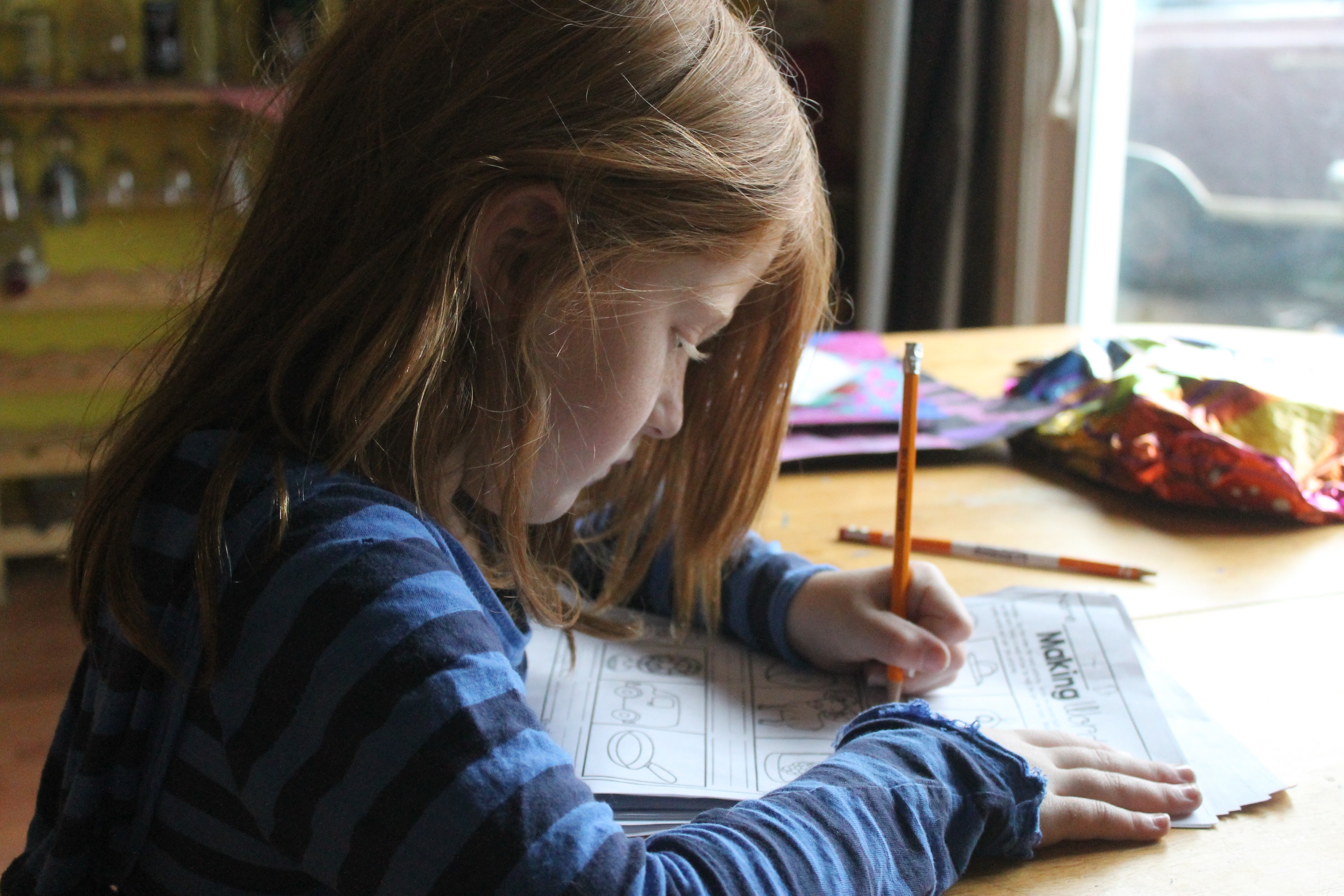From backpacks and bullying to sleep and screen time.
Ready or not, it’s time to get back into that school-year routine. Here are some of the more common challenges that go with this time of year, along with some advice from experts in the Department of Family Medicine at UConn Health.
Anxiety over feeling like part of the group, making new friends, and school performance, is common. What can make it worse are things like family strife or conflict, economic challenges, behavioral or academic needs not addressed by the school.
Listen to their concerns about bullying, and teach them to respond and be comfortable seeking help from a trusted adult. Work with school officials to address the problem. Encourage them to make other friends. And monitor social media interactions and texting.
If your child is the bully, make sure he/she knows bullying is never acceptable. Set firm and consistent limits on aggressive behavior. Be a positive role model. Teach them to resolve conflict without teasing, threatening or hurting someone. Praise (when warranted) beats negativity, and loss of privileges beats physical discipline.
Make dinner time—or at least regular family time—a priority. It’s a great time to talk with your kids and help them process the stress of returning to school.
Watch the screen time, and lead by example. Suggest outdoor activities and join them when you can. Have them unplug at least 90 minutes before bedtime to help the mind wind down and reduce exposure to blue light.
Sleep can be a secret weapon. The need for sleep increases through adolescence, when sleep phases shift—their body clocks telling them to go to bed late and wake up late—is highly prevalent. Sleep-deprived children are more prone to academic, behavioral, and social difficulties. Some school districts have adjusted school start times in recognition of this. Keeping a consistent bed and wake time all week—weekends too—works best in the long run.
Build time in the day for studying and start young with establishing an environment conducive to doing homework (and away from those screens). Supervise internet and computer use. Be available to help, but don’t do their homework for them.
The best backpacks are the ones with wide padded shoulder straps and a padded back, but only if they use both shoulder straps. Make sure it’s adjusted so the bottom of the backpack sits at the waist. Go through it regularly and try to keep it less than 20 percent of your child’s body weight.
For student athletes, be cognizant of the late-summer heat and the risk of dehydration and heat illness, especially if it’s the first time back on the field in several months. If your child has outgrown his or her equipment or footwear, replacing it can go a long way to prevent injury.
Follow your doctor’s vaccine recommendations, not only to protect your child from potentially harmful viruses and bacteria, but also for the benefit of the rest of the class.
According to UConn Health’s team of family medicine experts, another good place for parents to glean additional back-to-school tips is on the American Academy of Pediatrics website.



